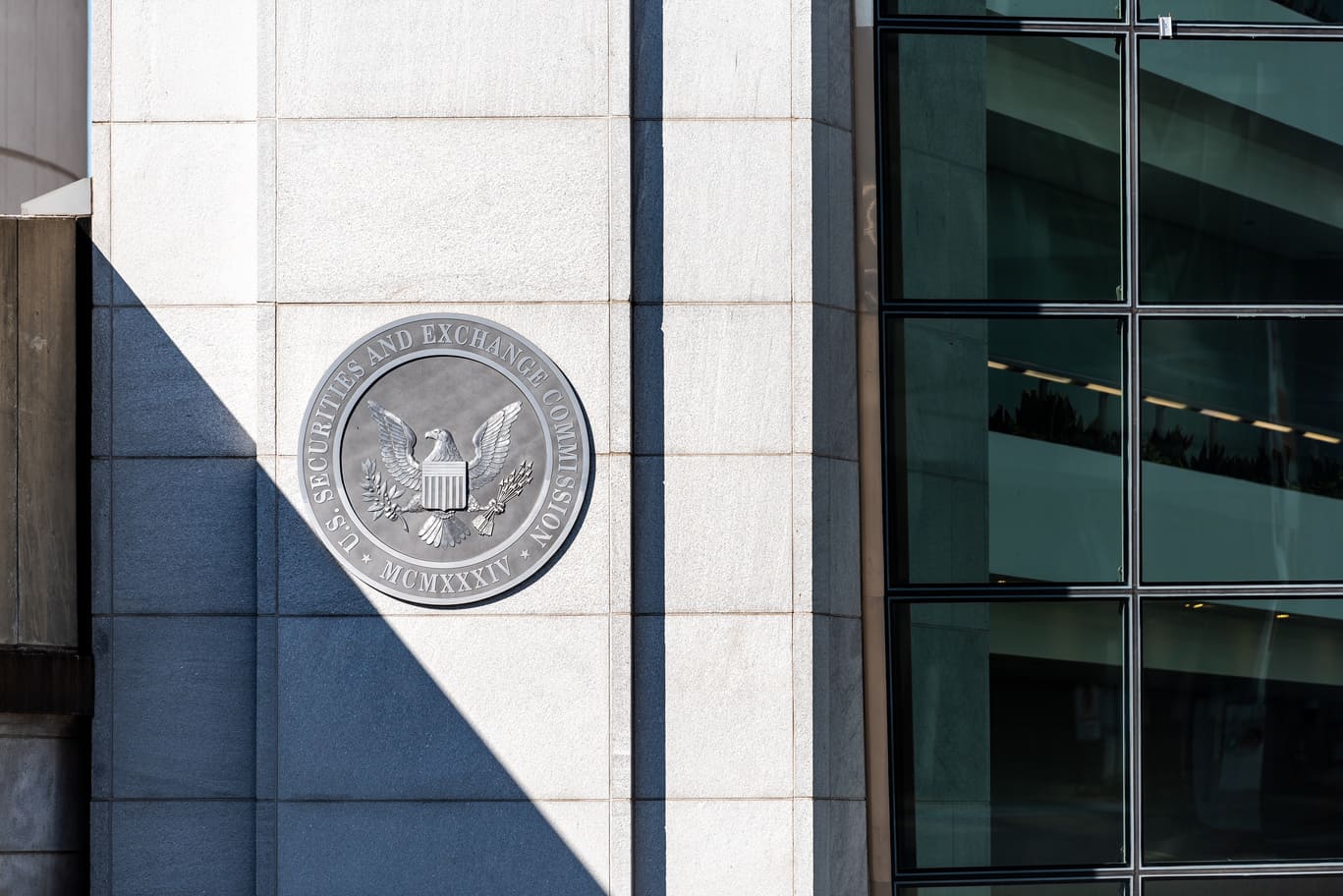
Crypto tax filing to become easier with IRS’s new Form 1099-DA
The IRS seeks to simplify and standardize crypto reporting, but faces criticism from the industry and lawmakers.
The US Internal Revenue Service (IRS) has released draft regulations for crypto brokers to report digital asset sales and exchanges to the agency and to their customers. The regulations are part of the Biden administration’s plan to raise $28 billion in tax revenue from the crypto sector over 10 years.
The proposed rules require crypto brokers, such as exchanges, custodians, and payment services, to file a new form, called Form 1099-DA, for each customer who engages in more than 200 transactions or receives more than $10,000 in gross proceeds from crypto transactions in a calendar year.
The Form 1099-DA is intended to help taxpayers calculate their gains and losses from crypto transactions, and to eliminate the need for complex calculations and costly tax software. The form will also help the IRS track and enforce tax compliance in the crypto space, which has been notoriously difficult due to the lack of clear and consistent reporting standards.
The draft regulations are based on the provisions of the Infrastructure Investment and Jobs Act (IIJA), which was passed by Congress in August and signed by President Biden on September 1. The IIJA included a broad definition of crypto brokers that sparked controversy and opposition from the crypto industry and some lawmakers, who argued that it would impose unrealistic and burdensome reporting obligations on non-brokers, such as miners, developers, and peer-to-peer users.
The IRS’s proposal attempts to address some of these concerns by exempting certain entities and activities from the reporting requirements, such as hardware wallet providers, validators, node operators, decentralized exchanges, and non-custodial platforms. However, the proposal also leaves some ambiguity and room for interpretation, such as how to define a broker’s “control” over a customer’s assets, or how to treat transactions involving multiple intermediaries.
The proposal has received mixed reactions from the crypto community and the political arena. Some have welcomed the initiative as a step towards simplifying and standardizing crypto tax filing, while others have criticized it as an overreach and a mismatch for the unique nature of the crypto ecosystem.
Kristin Smith, CEO of the Blockchain Association, a trade group representing crypto companies, said that the proposal “reflects a lack of understanding of how this technology works” and that it would “create more confusion than clarity”. She urged the IRS to adopt rules that are tailored to the specific characteristics of different types of crypto assets and platforms.
Miller Whitehouse-Levine, CEO of the DeFi Education Fund, a nonprofit organization promoting decentralized finance (DeFi), said that the proposal “attempts to apply regulations designed for intermediaries to a context where intermediaries do not exist”. He warned that the proposal would stifle innovation and growth in the DeFi sector, which operates without centralized brokers or intermediaries.
Patrick McHenry, ranking member of the House Financial Services Committee, said that the proposal “is yet another example of the Biden administration’s assault on digital assets”. He claimed that the proposal goes beyond the scope and intent of the IIJA, which he said was meant to target only traditional brokers. He also praised the exemptions included in the proposal, which he said were aligned with his own bill, co-sponsored by Rep. Ritchie Torres, to narrow the definition of crypto brokers.
The IRS’s draft regulations are not final and are subject to public comment until October 30. The agency will also hold at least one public hearing before issuing final rules. The regulations are expected to take effect in 2026 for transactions occurring in 2025.





